
Think It’s Dementia? Good Chance It’s Not
Memory failing? New research shows you may need help, but not for dementia. Memory slips, stress and fatigue are growing in people with healthy memory.

Memory failing? New research shows you may need help, but not for dementia. Memory slips, stress and fatigue are growing in people with healthy memory.

SOCIALIZING in your 50s and 60s strongly predicts less dementia later on. Learn why, from new research by University College London. See Ohio State University demonstrate how true it is, from animals to people.
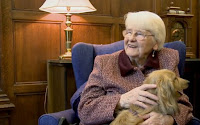
Meet Marley, a THERAPAWS therapy dog, helping the elderly that suffer from dementia. See pet therapy at work.

Fresh air and exercise, improved appetite, fewer medications and happier family visits typify the world’s first “Dementia Village”. See how an inspired nursing home manager took a dreary hospital and turned it into a respect-filled, compassionate community.

VIDEO If you live to 85, there’s a 50/50 chance of getting a dementia such as Alzheimer’s. What if you could improve those odds by
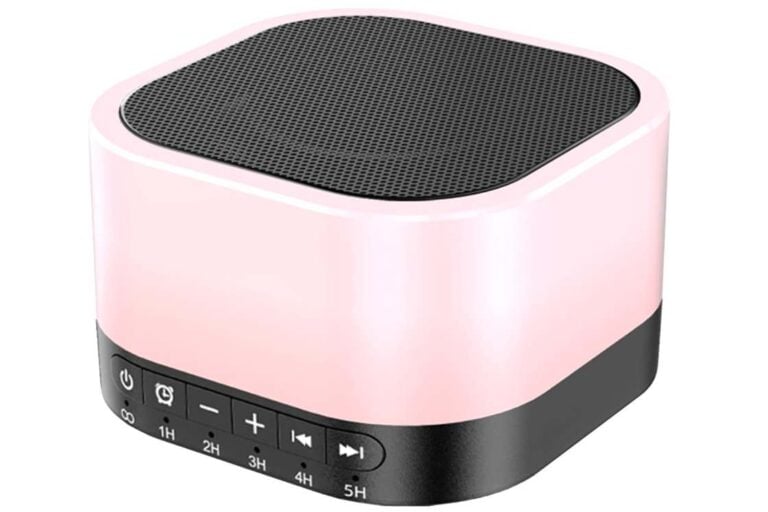
SLEEP VIDEO & ARTICLE: Sound stimulation can improve sleep and memory for people with pre-dementia. This study used easy-to-buy “pink noise” machines. See how simple sleep therapy makes a real difference.

VIDEO+ARTICLE: Sundowning in dementia can derail evenings with anxiety, agitation, and confusion. Here’s why it happens—and what actually helps.

NEW YEAR’S VIDEO & ARTICLE: New Year’s Eve can still be a fun, enjoyable experience for loved ones with dementia. It’s a perfect moment to reflect on past moments that warmed the soul.
Learn how reminiscing makes for a great activity.

Exploring evidence on rosemary and lavender scents and cognitive performance.
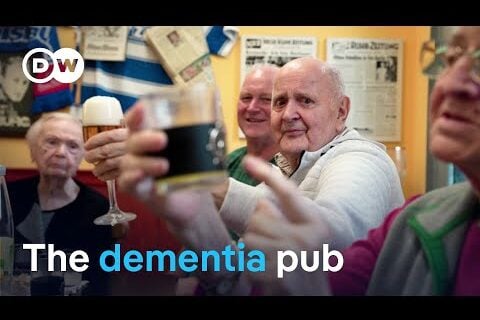
A cozy pub inside a nursing home is doing something remarkable — helping residents with dementia reconnect, open up, and feel like themselves again. Here are 10 ways this surprising space is changing daily life.
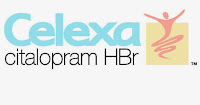
The antidepressant drug citalopram, also sold under the brand names Celexa and Cipramil, significantly relieves agitation in Alzheimer’s. Learn about the benefits and side-effects.
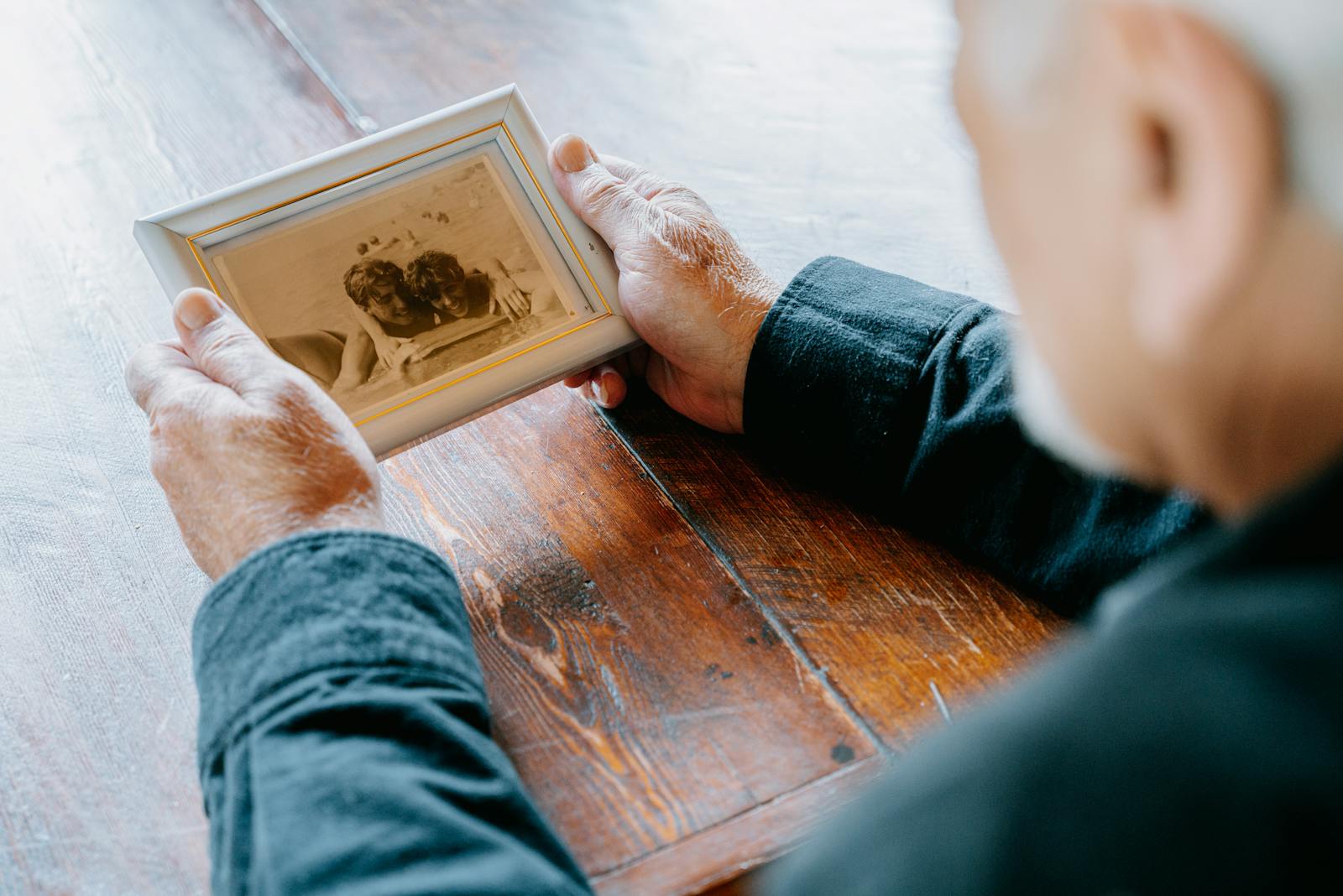
When Memory Loss Becomes Invisible to Those Who Need Help Most
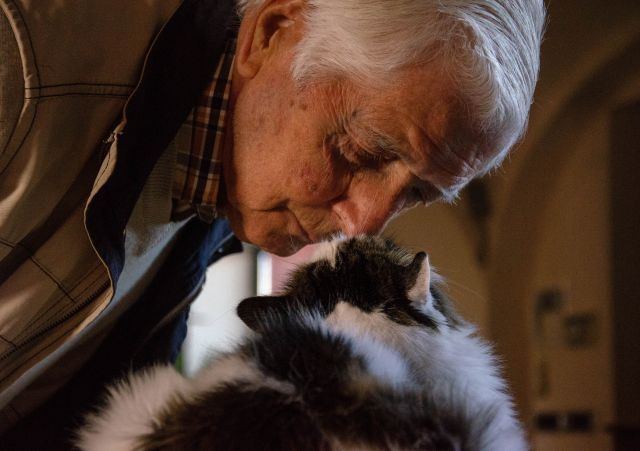
Researchers in Florida find that robotic pet cats improve mood, behavior and cognition in older adults with mild to moderate dementia. Find out more.

The antidepressant drug citalopram, also sold under the brand names Celexa and Cipramil, significantly relieves agitation in Alzheimer’s. Learn about the benefits and side-effects.

Researchers in Florida find that robotic pet cats improve mood, behavior and cognition in older adults with mild to moderate dementia. Find out more.

Ketone-rich diets increase the SIRT3 protein that protects neurons from death during the progression of Alzheimer’s disease. But how does it work? Find out more.

Memory failing? New research shows you may need help, but not for dementia. Memory slips, stress and fatigue are growing in people with healthy memory.
No spam, only news and updates.


